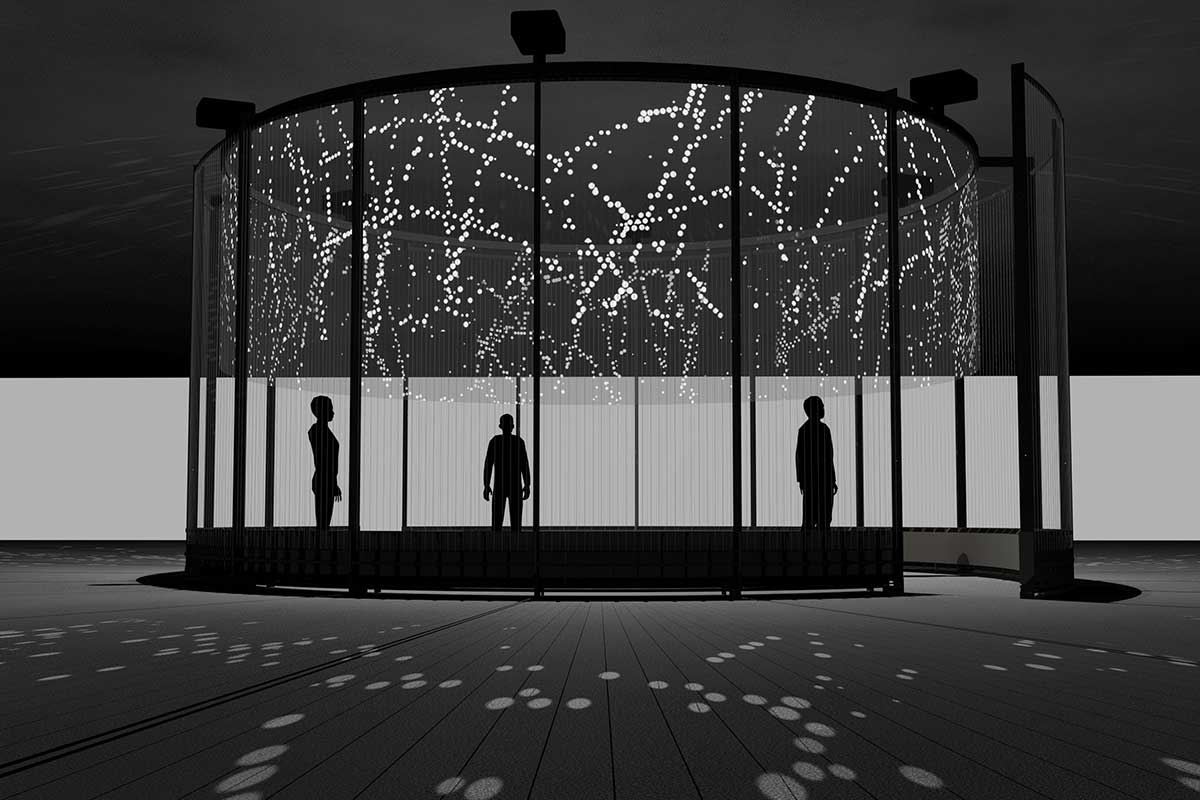“Turns out that ASMR is pretty special. According to a recently published study in The Journal of Prevention of Alzheimer’s Disease (catchy name!), the part of your brain responsible for ASMR doesn’t get lost to Alzheimer’s. Alzheimer’s tends to put people into layers of confusion, and the study confirms that music can sometimes actually lift people out of the Alzheimer’s haze and bring them back to (at least a semblance of) normality… if only for a short while. ASMR is powerful stuff!”
Artist duo Semiconductor makes the invisible visible, Justyna Kopania stops time in her textured paintings, and photographer Dylan Hausthor tells a story questioning manic visual memory
“You have expressed an interest in capturing ‘the quick passage of time.’ How do you evoke this concept in your paintings?
Time…Man is looking at time constantly. He looks at the clock, he lives from hour to hour. It scares me. That’s why I try to capture time in my paintings. Stop time, a snippet of a second. I’m painting fast, I’m racing against time. A surreal challenge.
The concept of time irritates me. Man was born and has only a certain amount of time. That is life, unfortunately. This is reality. I have a big imagination. Sometimes I think it’s too big. I sometimes stop the time in my imagination. And I feel totally free, like I was the ocean. And this feeling I paint on the canvas.”
Doritos flavoring fools your senses into thinking they’re nutritious, rhythm perception may help stuttering, and cake icing videos to rest your mind
“We think we experience the aroma of food when we smell it, but it’s actually a bit more complex than that. When you bite into the food, the aroma goes into the back of your throat and through a small hole up into your nose. This is called retronasal olfaction, and is actually a more powerful form of smelling than normal smelling. This is what allows you to experience the richness and nuance of food.
Brain scans reveal the experience of flavor takes up more gray matter than any other sensory experience. Additionally, the largest portion of the human genome involves the creation of your nose. So, from an evolutionary perspective, this chemical-sensing ability appears to be particularly important.”



